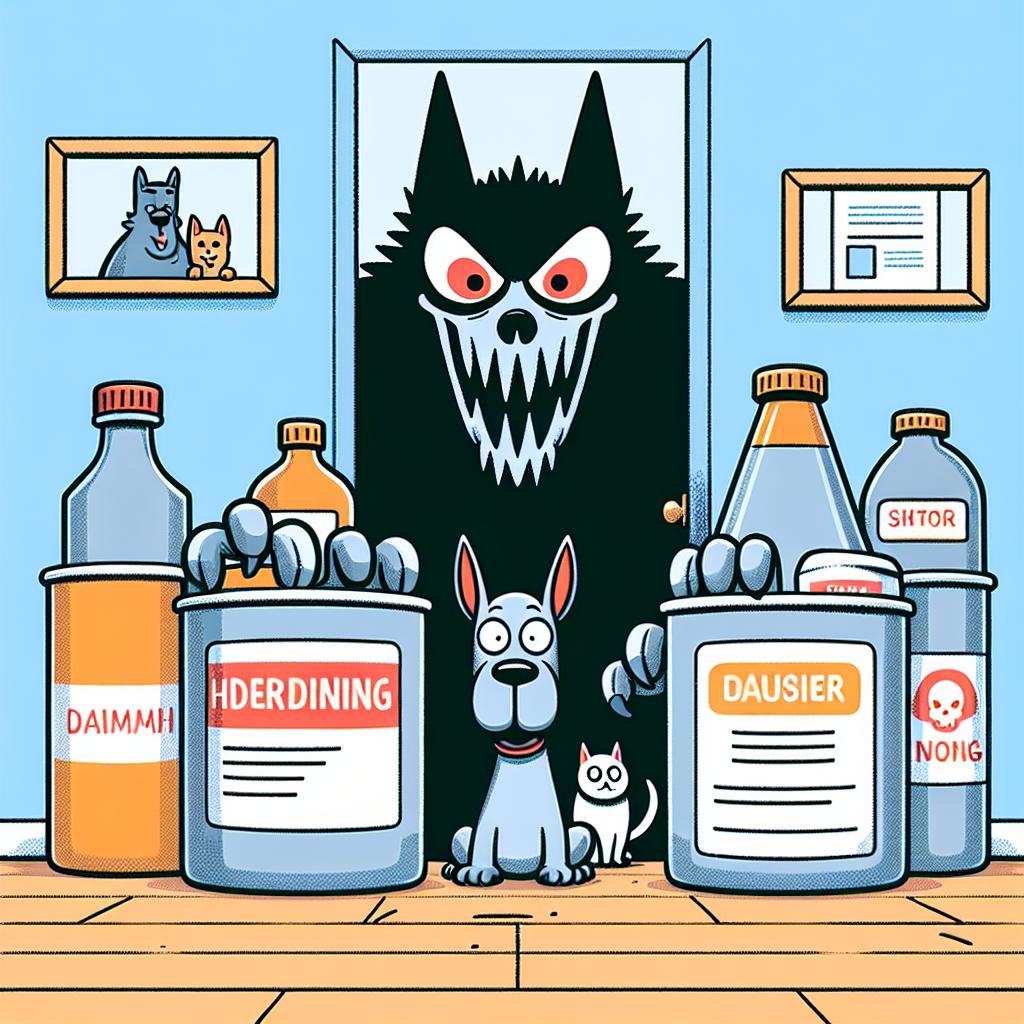
Hidden Dangers of Common Pet Health Products
In recent weeks, pet health has become a major topic of discussion, driven by ongoing debates about the impact of commercial diets and products on the wellbeing of our furry companions. With a surge in cases of pet illnesses related to diet and chemical exposure, understanding the implications of these everyday choices has never been more vital.
Hidden Threats in Pet Nutrition
While pet owners often seek the best for their companions, recent studies have raised concerns about certain commercial pet foods. A report from Locust Grove Veterinary Clinic highlighted a connection between grain-free diets and heart disease in dogs, specifically dilated cardiomyopathy (DCM). Despite being perceived as a healthier option, grain-free diets may lack essential proteins vital for heart health.
The Grain-Free Debate
Grain-free pet foods became popular as they promised fewer allergens and a diet closer to what ancestors of modern dogs might have eaten. However, the absence of grains does not necessarily mean a better nutritional profile, and veterinarians recommend considering the complete nutritional content and potential risks before switching to such diets.
Scientific Recommendations
The Cornell University College of Veterinary Medicine emphasizes a balanced diet. Their podcasts and research publications suggest incorporating whole grains in moderation and ensuring that any diet is complemented by high-quality protein sources and essential nutrients to prevent DCM and other deficiencies.
Chemical Exposures from Pet Products
Recent climate reports have also scrutinized the use of “forever chemicals” — per- and polyfluoroalkyl substances (PFAS) — found in some pet products. These chemicals are noted for their longevity in the environment and potential health risks in both humans and animals.
PFAS and Pets
PFAS are commonly used in products aimed at repelling water or stains — features that many pet owners find appealing in pet beds and clothing. However, studies have connected these chemicals to various health issues, urging pet owners to consider products with natural or certified safe materials.
Improving Pet Health Safely
As awareness of these issues rises, organizations like My Victoria Vet advocate for transparency in labeling and the development of safer products. Moving forward, ensuring pets’ health requires a vigilant evaluation of the potential long-term impacts of diets and products we entrust our pets with.
Taking Action
Pet owners are encouraged to stay informed by consulting trusted veterinary professionals and reputable sources for advice. Reading labels, researching brands, and understanding ingredients can significantly impact pets’ quality of life.
In conclusion, while mainstream pet products offer convenience, their long-term safety profiles must be constantly reassessed to prevent potential health implications. Prioritizing comprehensive dietary knowledge and opting for chemically-safe products are both critical paths towards ensuring pets lead healthier, happier lives.




